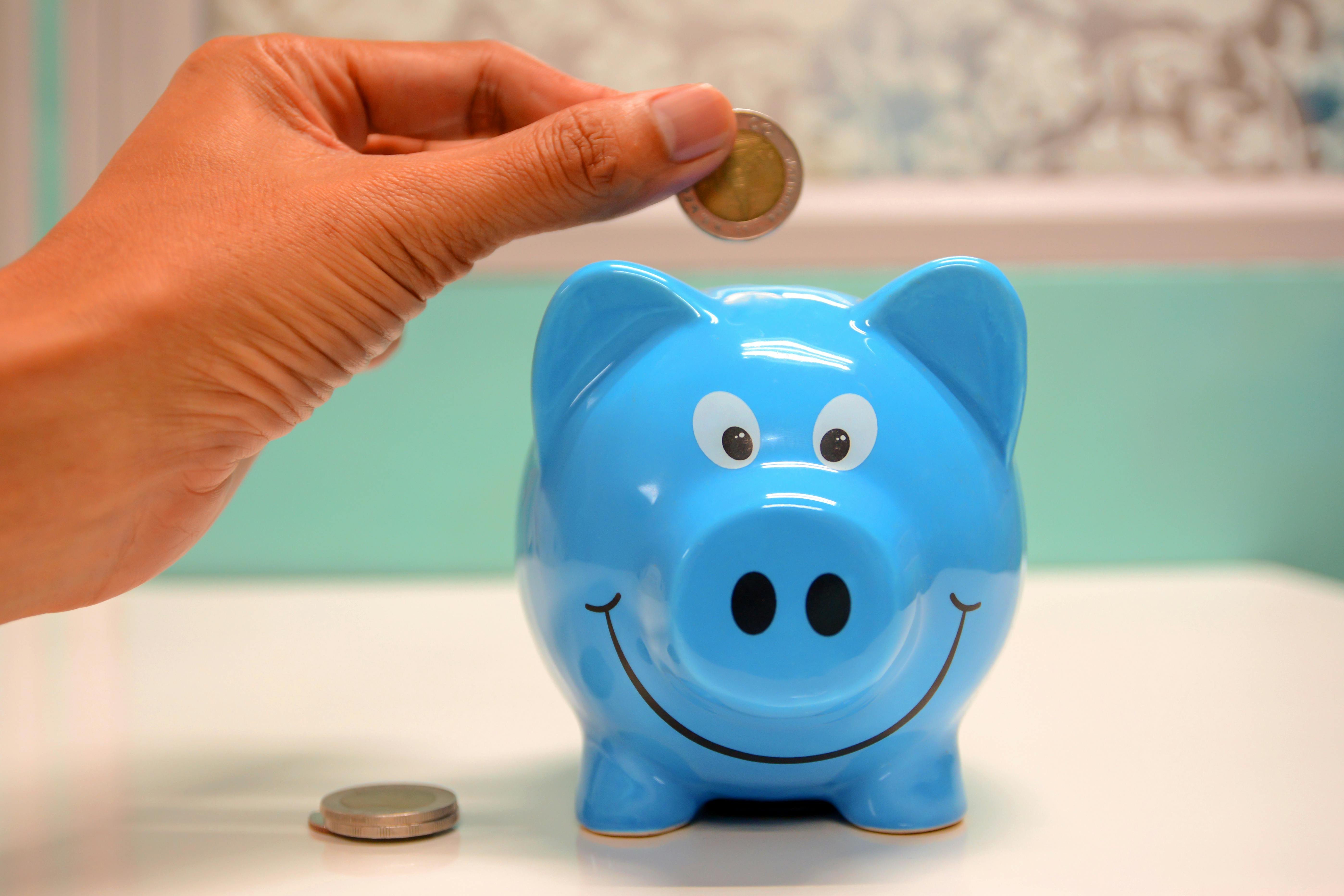King Charles III has avoided paying millions in inheritance tax on the Duchy of Lancaster estate due to an old rule designed to protect the Royal Family’s wealth. His Majesty automatically inherited the estate, worth over £652 million, following the death of his mother, Queen Elizabeth II.
Under UK law, Inheritance Tax is levied at a rate of 40% for assets above a threshold of £325,000. However, the King will not have to pay the levy because of a rule introduced by the UK Government in 1993, which said Inheritance Tax does not have to be paid on the transfer of assets from one sovereign to another.
The Conservative Prime Minister of the time, Sir John Major, said the circumstances of the monarchy were unique and special arrangements were required. He suggested assets of the monarchy were at risk of being salami-sliced away through capital taxation over many generations. He told the House of Commons that he believed it was necessary to protect the independence of the monarchy, as he did not wish to detract from their independence in any way.
A Memorandum of Understanding on royal taxation from 2013 stated that it would be inappropriate for Inheritance Tax to be paid on assets which are held by the Queen as sovereign rather than as a private individual. The Duchy of Lancaster estate generated revenue of £24 million and had assets worth more than £650 million at the end of March this year, according to its financial records.
The monarch is not legally obliged to pay any tax in the UK, but the Queen began to pay Income and Capital Gains Tax on a voluntary basis in 1993, and King Charles is expected to do the same. The former Prince of Wales also voluntarily paid tax on his income from the Duchy of Cornwall estate, which has now been passed to Prince William as the new Prince of Wales.
Anyone other than King Charles who has inherited private assets from the Queen will have to pay inheritance tax.

















































